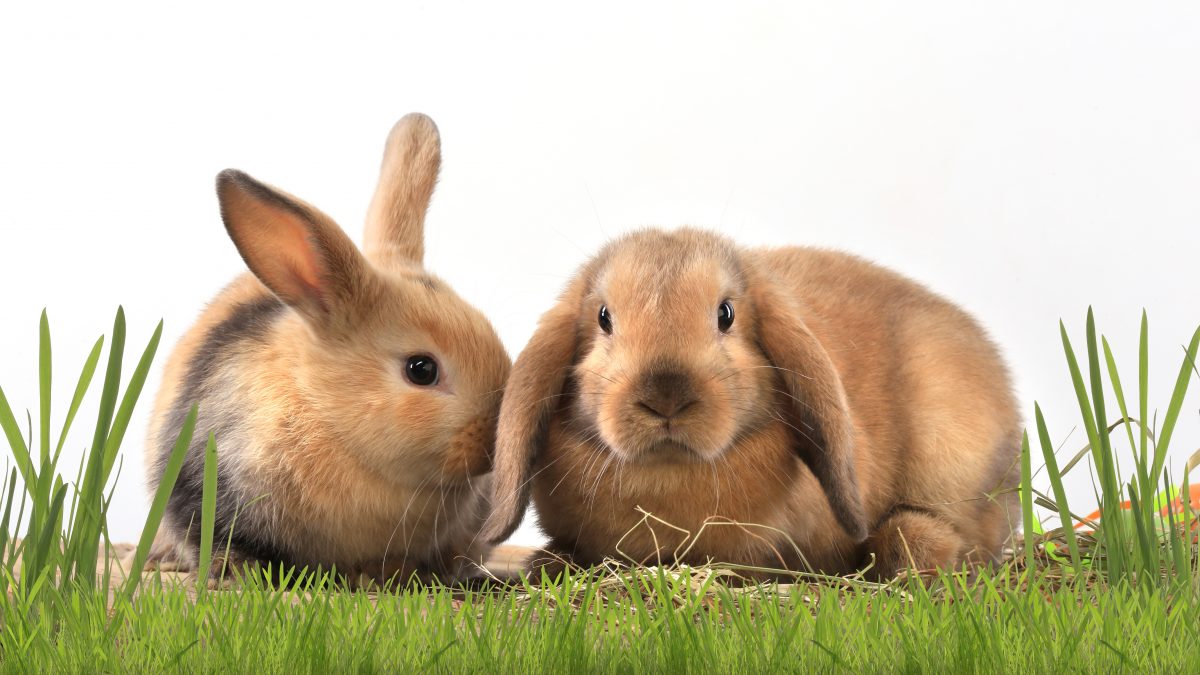
Kenzo’s Diaries 3- A Dogs Life
August 31, 2019
Risborough’s Christmas Lights switch on – 30th November 3-6pm
November 2, 2019Fiona Mullan BSc Hons RVN VPAC
Flystrike, also known as Myiasis, is an extremely painful, often fatal condition caused by flies laying eggs onto the rabbit’s fur, which quickly hatch into maggots and burrow under the skin to eat their ‘hosts’ flesh. The animal is literally being eaten alive!
Flystrike is particularly common in summertime, but it can happen at other times of the year also.
Why does it happen?
Flies are attracted to dirty living conditions such as warm soiled hutches, and rabbits with urine-soaked fur or faeces attached to their rear ends.
Rabbits who are ill are also at great risk, as they may have urinary problems or diarrhoea, or not be as active, and therefore are more likely to soil themselves and remain sitting in it.
Rabbits who have wounds are also a target for flies, as are rabbits who are obese, or rabbits which are arthritic and cannot keep themselves clean.
What are the symptoms of flystrike?
Depending on the stage of the condition, you may see fly eggs on your rabbit’s fur, or you may see fully developed maggots crawling on their skin. The rabbit will likely be lethargic and off their food.
What should I do if I see Maggots on my rabbit?
DO NOT WAIT – contact your vet immediately. Flystrike is incredibly fast, and maggots will quickly burrow deep into the patient’s flesh with fatal consequences if not removed as soon as possible. Do not try to wash the maggots off your rabbit’s fur at home, as this makes clipping and removal much harder for your vet.
How can I prevent flystrike happening?
- Cleanliness is key! Keep their accommodation as clean as you can and ensure all urine/faeces are removed daily.
- Check your rabbit’s back end at least twice daily in warmer weather conditions for signs of fly eggs/maggots.
- If your rabbit is overweight, take them to a free weight clinic appointment at your vets for dietary advice, so they remain active and can keep themselves clean.
- Talk to your vet about topical medication to prevent fly eggs from hatching. There is a product that lasts for 10 weeks, and could literally be a life-saver.
- Consider using fly screening around hutches/runs.




